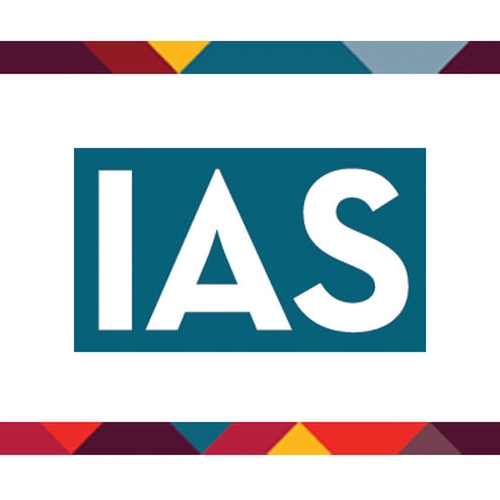Gender and Violence: South Korea and Beyond
2020–2021 Research and Creative Collaborative
Conveners
Hiromi Mizuno; History, CLA
Travis Workman; Asian & Middle Eastern Studies, CLA
Soo Hyun Jackelen; Asian & Middle Eastern Studies, CLA
Soyi Kim; Cultural Studies & Comparative Literature, CLA
Gender and Violence: South Korea and Beyond (GVKab) takes a multimedia and cross-disciplinary approach to issues of gender, violence, and area studies, and has hosted many public-facing events, including film screenings, lectures, and workshops. By organizing events that include academic and non-academic participants and audiences, we aim to build solidarity between diverse communities at and beyond UMN. This collective, consisting of graduate students and faculty members working in area studies, is motivated by its concern about the Korean Studies' disciplinary limitation in addressing gendered violence and about the issues of colonial legacies that have shaped area studies in the U.S. academia at large. This project underlines that the lack of institutional and academic efforts to identify the singularity of gender issues in modern Korea, while acknowledging its close connectivity to the Cold War system, corresponds to the way area studies on the whole has been confined, stereotyped, and isolated in U.S. academia. We challenge this view by connecting Korean studies with various disciplines that would help examine Korean culture and media in a transnational context (such as film studies, literary criticism, art history, cultural studies, and media studies), and by having emphasis on (post)colonial and gender violence. We seek to collaborate with scholars, artists, and activists of varying backgrounds through the organization of various activities: a reading group, film screenings, roundtables with film directors and experimental performance artists, and a conference.
This spring, we are planning a graduate conference on the theme of Contagion in collaboration with Asian and Middle Eastern Studies planned (tentatively) for April 30 and May 1, 2021. This year, global “contagions” reached multiple tipping points: as seen from the COVID-19 pandemic that compounded racialized hatred, and contagious Black Lives Matter protests that fanned out worldwide. These cases materially and biologically substantiated the interconnection between racism, pathological discourse, post-colonialism, necropolitics, and media culture. We adapt contagion as a new methodology of blurring the boundaries and percolating through different nations, disciplines, media, genres, genders, and races.
For this biennial Graduate Conference on “contagion,” graduate student scholars in East Asian studies are invited to respond to this theoretical prompt of contagion across different media, cultures, genres of writing, research methodologies, geopolitical areas, and disciplinary languages. Papers will emphasize East Asian studies. More details coming soon!
This series features an IAS Research and Creative Collaborative. Each profile is written by the group as a way to share their projects, goals, and experiences as part of their time supported by the IAS.
